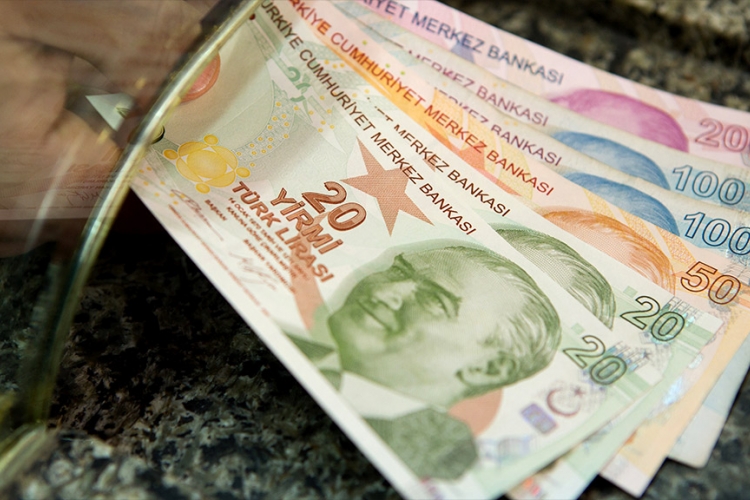The currency turmoil in Turkey
IN NEWS
The Turkish lira lost a fifth of its value against the U.S. dollar last week, hitting a new low on Monday before some recovery later in the week. The currency has lost over 40% of its value against the dollar this year.
The Turkish currency and debt crisis of 2018 is an ongoing financial and economic crisis in Turkey with international repercussions due to financial contagion. It is characterized by the Turkish Lira (TRY) plunging in value, high inflation, rising borrowing costs, and correspondingly rising loan defaults.
What caused this?
The crisis was caused by the Turkish economy's excessive current account deficit and foreign-currency debt, in combination with President Recep Tayyip Erdo?an's increasing authoritarianism and his unorthodox ideas about interest rate policy.
War between US Dollar and Lira
The U.S. Treasury had recently sanctioned two Turkish Ministers in response to Turkey’s continuing detention of American pastor Andrew Brunson on spying and terror charges. Mr. Brunson was detained in 2016 as part of President Recep Tayyip Erdogan’s crackdown following an unsuccessful coup against him.
U.S also said that it would double import tariffs on Turkish steel and aluminium. While these tensions precipitated the lira’s descent, there are other underlying causes. The Turkish economy has been in overdrive, centred on a construction and consumption boom; inflation was more than 15% in July; and the country has had a high current account deficit and soaring foreign debt. A strengthening dollar and higher interest rates in the U.S. have compounded the lira’s troubles. Mr. Erdogan’s tightening grip on institutions has further exacerbated the situation.
How is Turkey reacting?
To calm markets, Turkey’s central bank, promised to provide the liquidity needed by banks. Turkish regulators also stepped in to curb foreign accounts from placing bets against the lira.
What are the wider financial ramifications?
The Indian rupee breached the 70 mark against the dollar for the first time, largely caused by the lira’s fall. Analysts have been concerned that the turmoil could hit other (emerging) markets. European banks that own significant stakes in Turkish lenders are also at risk. For now it looks like the lira is recovering but, longer term, Turkey will likely raise the already high interest rates, or it may even look to the IMF for financing.
What caused this nosedive?
A combination of factors, according to experts, have led to fears the country is sliding into an economic crisis.
For a start, investors are worried that Turkish companies that borrowed heavily to profit from a construction boom may struggle to repay loans in dollars and euros, as the weakened lira means there is now more to pay back.
Then there are Turkey's worsening relations with the US. Donald Trump's administration hit its justice and interior ministers with sanctions last week, a reaction to the detention of American pastor Andrew Brunson, who has has been held for nearly two years over alleged links to political groups.
Indeed, much of the recent concern has been fuelled by President Recep Tayyip Erdogan's economic policy. In many nations, including the US and EU states, the central bank is independent of government and no one can tell it what to do with interest rates. This means it can keep control of inflation by raising them when necessary.
But in Turkey, Mr Erdogan has made sure he controls the reins. Early last month, he claimed the exclusive power to appoint the bankers that set interest rates - and to cement his control he has put his son-in-law in charge of economic policy.


 IAS -2025 Prelims Combined Mains Batch - III Starts - 14-04-2024
IAS -2025 Prelims Combined Mains Batch - III Starts - 14-04-2024